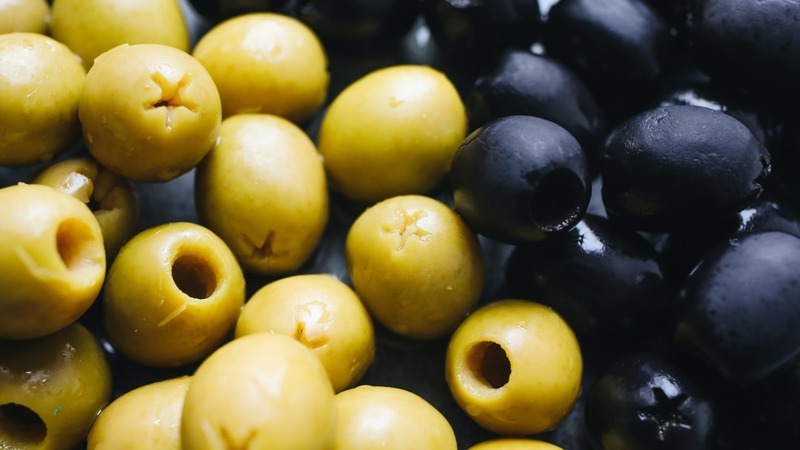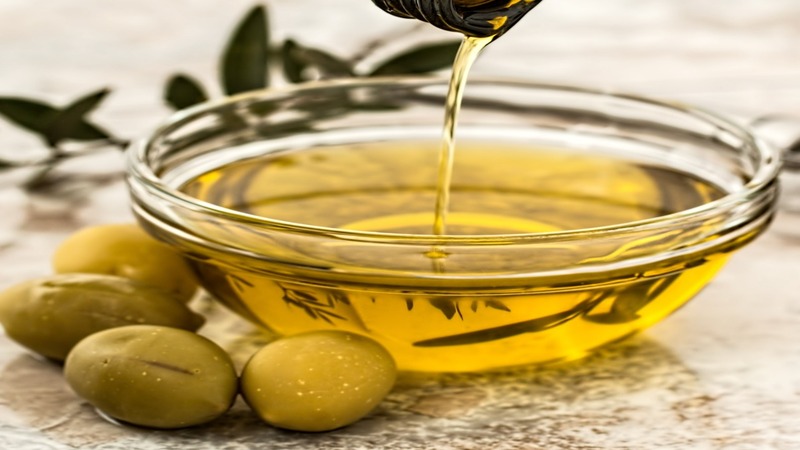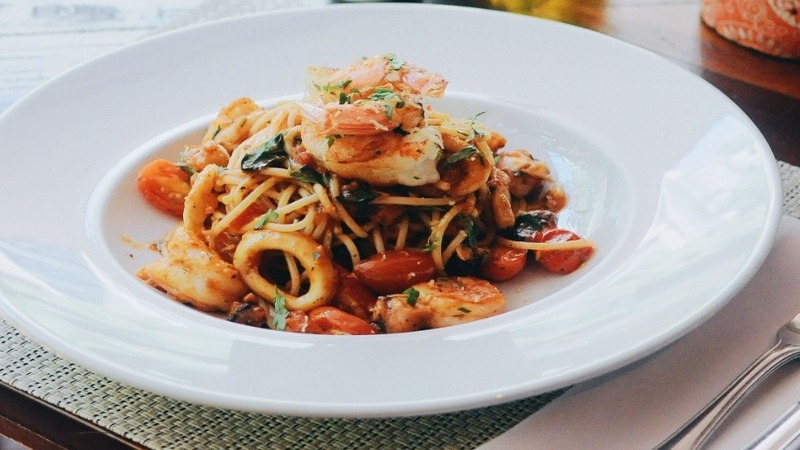Is Olive Oil a Good Cooking Oil? A Critical Look
Introduction
Olive oil is a popular cooking oil that is touted for its health benefits. It is high in monounsaturated fats and has a high smoke point, making it ideal for cooking. However, not all olive oils share the same properties. It is important to choose extra-virgin olive oil for the best flavor and health benefits. Additionally, olive oil should be stored properly to prevent it from going rancid. In this article, we will take a closer look at olive oil to see if it is truly a good cooking oil.

The Benefits of Olive Oil
There are several benefits of olive oil that make it a good choice for cooking. Firstly, the smoke point of olive oil is high. What it means that it has the ability be heated to a high temperature without smoking or burning. This makes it ideal for cooking methods like stir-frying or sautéing. Additionally, olive oil is packed with healthy monounsaturated fats. These fats can aid in lowering cholesterol levels and help in reducing the risk of heart disease. Olive oil is also a good source of antioxidants, which are beneficial for overall health.
The Drawbacks of Olive Oil
Despite the many benefits of olive oil, there are some drawbacks to consider as well. First, olive oil is a calorie-dense food. A single tablespoon of olive oil contains 120 calories. This means that it is easy to overconsume Olive oil and inadvertently add extra calories to your diet. Additionally, cheaper Olive oils may not be as healthy as advertised. Some manufacturers cut Olive oil with other, less healthy oils. Finally, Olive oil can go rancid if it is not stored properly. Rancid Olive oil will have an off-flavor and may cause gastrointestinal distress.
How to Choose Olive Oil
When shopping for Olive oil, it is important to choose extra-virgin Olive oil. Extra-virgin Olive oil is made from the first cold pressing of Olive fruits and has higher acidity than other Olive oils. Additionally, extra-virgin Olive oil has a higher flavor and contains more antioxidants than other Olive oils. When choosing Olive oil, also be sure to check the expiration date. Olive oil can go rancid relatively quickly, so it is important to choose a fresh product.

How to Store Olive Oil
Proper storage is key to keeping Olive oil fresh and preventing it from going rancid. Olive oil should be stored in a cool, dry, and dark place, away from sunlight. A cupboard or a pantry that is away from the stove is the ideal place to store it. Olive oil can also be stored in the refrigerator, but it may become thick and cloudy. If this happens, simply set the Olive oil out at room temperature for a few minutes to return it to its liquid state. Olive oil should also be stored in a dark-colored glass bottle or container. This will help to protect the Olive oil from light damage.
The Different Types of Olive Oil
Not all Olive oils are created equal. The type of Olive oil you choose will depend on your intended use. For cooking, extra-virgin Olive oil is the best choice. It has a high smoke point and delicate flavor that can be easily ruined by heat. For salad dressings and dipping, choose a lighter Olive oil. These Olive oils have a milder flavor and are less likely to be damaged by heat. For cold dishes like pasta salad, use a fruity Olive oil. These Olive oils have a bolder flavor and can stand up to other ingredients in a dish.
Conclusion
Overall, Olive oil is a good choice for cooking. It is a healthy, flavorful cooking oil It has a high smoke point and is packed with healthy monounsaturated fats. Olive oil is also rich in antioxidants. However, Olive oil is a calorie-dense food and can go rancid if it is not stored properly. So all in all, when choosing Olive oil, be sure to select extra-virgin Olive oil for the best flavor and health benefits. When used in moderation, Olive oil can be a healthy addition to your diet.
Here, at Marky's we have a fine collection of olive oils Head over to our collection and get the finest olive oils right at your doorstep














